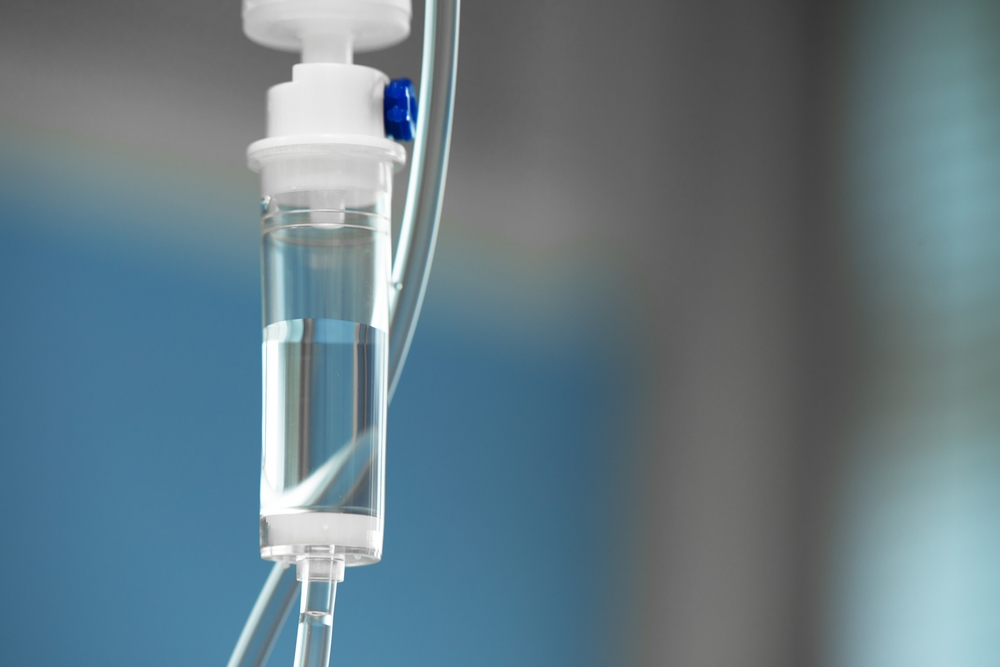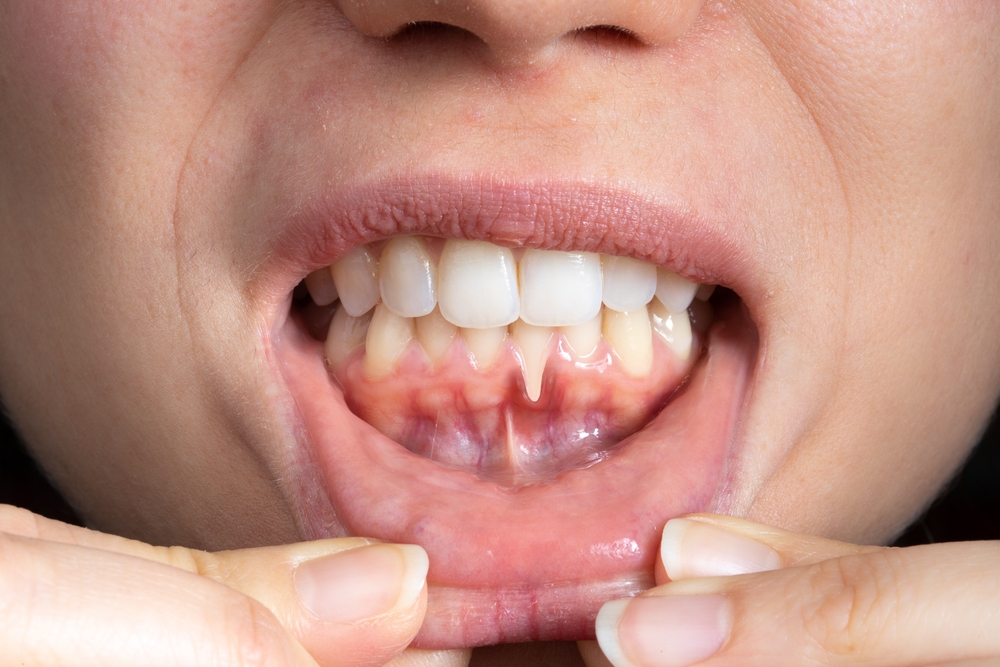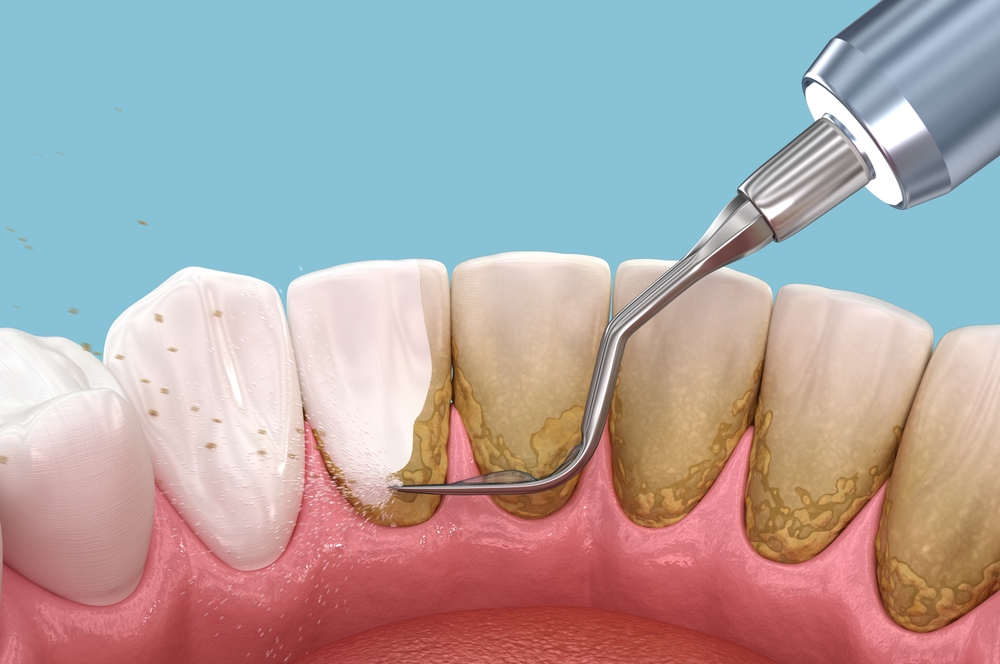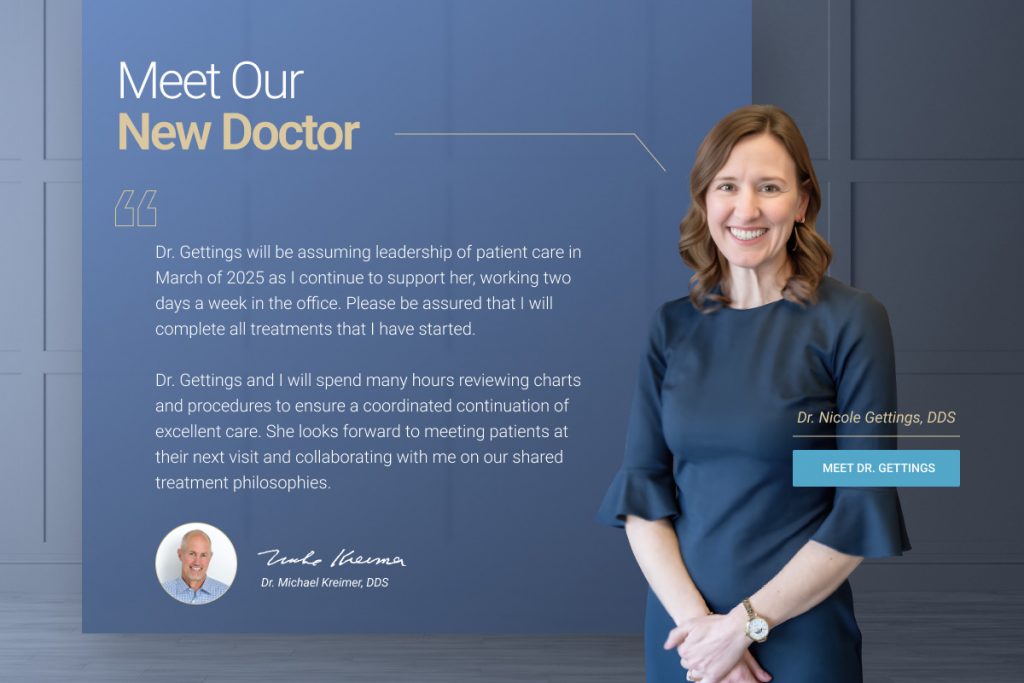Understanding Moderate Periodontitis
Moderate periodontitis is a progressive form of gum disease that affects the gums and the underlying structures supporting your teeth. Without timely intervention, it can lead to tooth loss and increased health risks. At Michael Kreimer, DDS, in Loveland, OH, we provide comprehensive care to treat moderate periodontitis and restore your oral health.
Periodontitis occurs when plaque and bacteria infect the gum tissue, causing inflammation, damage, and the formation of pockets around the teeth. These pockets deepen over time, making it difficult to remove bacteria without professional help. Our team is here to guide you toward healthier gums with proven treatment options tailored to your specific needs.
Moderate periodontitis doesn’t have to lead to tooth loss or other complications. By addressing the condition early, you can preserve your oral health and confidence. Call Dr. Michael Kreimer, DDS, in Loveland, OH, at (513) 677-3656 to schedule your appointment today.
Why Choose Michael Kreimer, DDS?
Comprehensive Care in Loveland, OH
Dr. Michael Kreimer and his team bring over 30 years of experience in providing exceptional dental care. Our Loveland office is equipped with the latest technology to ensure accurate diagnoses and effective treatments.
Patient-Focused Dental Care
We believe informed patients make the best decisions for their health. Our team takes the time to explain your condition and treatment options in detail so you feel confident in your care plan.
From IV sedation options to a welcoming environment, we prioritize your comfort during every visit. Our goal is to make your treatment experience as stress-free as possible.

Symptoms of Moderate Periodontitis
Knowing the signs of moderate periodontal disease is vital for early diagnosis. Common symptoms include:
- Bleeding Gums: Persistent bleeding during brushing or flossing.
- Bad Breath: Chronic bad breath caused by bacterial buildup.
- Receding Gums: Gums that pull away from teeth, exposing roots.
- Tooth Sensitivity: Increased sensitivity to hot or cold temperatures.
- Loose Teeth: A sign of bone loss or weakened gum attachment.
If you’re experiencing any of these symptoms, contact our Loveland dental office at (513) 677-3656 to schedule an evaluation.

Causes and Risk Factors
Moderate periodontitis develops due to a combination of poor oral hygiene, lifestyle choices, and health conditions. Risk factors include:
- Tobacco Use: Smoking weakens your gum tissue’s ability to heal.
- Poor Oral Hygiene: Inadequate brushing and flossing allow plaque to accumulate.
- Genetics: A family history of gum disease increases susceptibility.
- Chronic Health Conditions: Conditions like diabetes and heart disease can exacerbate gum issues.
- Stress: High stress levels can affect your immune system and oral health.
Understanding these risks can help you take proactive measures to protect your gums.

Treatment Options for Moderate Periodontitis
At Michael Kreimer, DDS, we offer effective treatments to manage and halt the progression of moderate periodontitis. Our care includes:
Scaling and Root Planing
The scaling and root planing (also known as a deep cleaning) procedure removes plaque and tartar from above and below the gumline. By meticulously scaling the teeth, we not only remove harmful deposits but also smooth the root surfaces. This smoothing process is crucial as it facilitates the reattachment of the gums to the teeth, which helps to diminish pocket depth and ultimately curtail bacterial growth. As a result, this cleaning not only improves oral hygiene but also promotes overall gum health, reducing the risk of periodontal disease and enhancing the stability of the teeth.
Antibiotic Therapy
For targeted treatment of bacterial infections, antibiotics can be applied directly to the affected areas or prescribed for oral consumption. When antibiotics are used topically, they work locally to control bacterial growth, systematically reducing the number of bacteria present at the site of infection. This direct application is particularly beneficial for localized infections, as it allows for higher concentrations of the medication precisely where it’s needed most, minimizing the risk of systemic side effects.
In cases where the infection is more widespread or deep-seated, oral antibiotics may be prescribed. This method ensures that the medication is absorbed into the bloodstream, allowing it to travel throughout the body and target bacteria that may not be accessible through topical treatment alone. Both methods aim to effectively control bacterial populations and alleviate associated symptoms, such as inflammation and discomfort, leading to improved healing outcomes.
Pocket Reduction Surgery
In situations where advanced pocketing of the gums has occurred, a minor surgical procedure may become essential to restore oral health. During this procedure, our team will carefully lift the gum tissue to gain access to the deeper areas of the tooth and surrounding structures. This allows us to thoroughly clean out any accumulated plaque and tartar that may be contributing to the infection.
Maintenance and Home Care
To maintain the positive results of your dental treatments, it’s essential to commit to a diligent oral hygiene routine and schedule regular visits with your dentist. This involves thoroughly brushing your teeth at least twice a day using fluoride toothpaste to effectively remove plaque and prevent cavities. Flossing daily is equally important, as it helps clean the areas between your teeth that a toothbrush cannot reach, thereby reducing the risk of gum disease.
Additionally, incorporating an antimicrobial mouth rinse into your routine can significantly lower bacteria levels in your mouth, helping to reduce inflammation and promote overall oral health. Regular check-ups with your dentist will also allow for early detection of any potential issues, ensuring your smile remains healthy and vibrant.
Frequently Asked Questions
Can moderate periodontitis be reversed?
While moderate periodontitis cannot be reversed, it can be managed to prevent further damage. Professional treatment and consistent oral hygiene are key to halting its progression.
What happens if moderate periodontitis is left untreated?
If untreated, moderate periodontitis can lead to severe gum damage, tooth loss, and even systemic health problems, such as heart disease or diabetes complications.
How can I prevent moderate periodontitis from recurring?
Maintaining good oral hygiene, attending regular dental cleanings, and addressing lifestyle factors like smoking can help prevent recurrence. Your dentist may also recommend specialized care for ongoing maintenance.
Serving Periodontal Care to Loveland and Surrounding Communities
Whether you’re experiencing symptoms of gum disease or need routine care, we’re here to help. Contact us now at (513) 677-3656 for periodontal treatment in Loveland, OH. Our practice proudly welcomes patients from nearby areas like Milford, Mason, and Montgomery.


